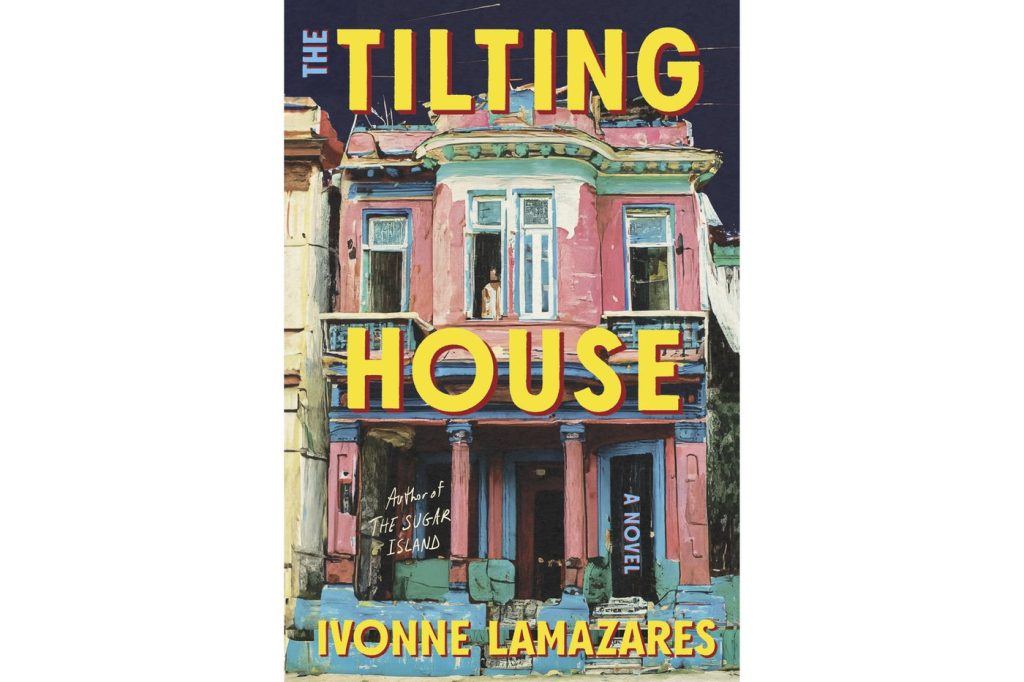Yuri is a 16-year-old orphan living in Communist Cuba, specifically in a large, old house with her religious aunt, Ruth. The story takes place in the post-Berlin Wall era, where Yuri grapples with her identity and limited aspirations. Named after the pioneering Soviet cosmonaut Yuri Gagarin, her parents had hoped for her to become a famous female astronaut. However, her current goal is a more modest one: gaining admission into the prestigious Lenin school, which serves as a preparatory institution in Cuba.
Their quiet lives are disrupted by an unexpected visitor from "la Yuma," slang for the United States. This visitor, Mariela, enters their Havana home with a camera hanging from her neck, announcing her familial connection. It is later revealed by Aunt Ruth that Mariela, 34 years old, is Ruth's daughter. When Mariela was an infant, Ruth was compelled to send her to live with a family in the United States due to Operation Pedro Pan, a U.S. government initiative that facilitated the exodus of thousands of unaccompanied Cuban children to Miami during the early 1960s.
Ivonne Lamazares’s novel, "The Tilting House," explores the lives of these characters against the backdrop of Cuba, a country that remains largely unexplored by many due to restrictive travel policies. The book delivers an impactful narrative that delves into hidden family secrets, the emotional wounds of losing a mother, and a quest for belonging in a changing world.
Lamazares, who emigrated from Havana to the United States in 1989 during a time marked by shortages known as "The Special Period in Time of Peace," provides rich descriptions and historical context throughout the novel. Her previous work, "The Sugar Island," also set in Cuba, has been translated into seven languages, showcasing her talent for storytelling deeply rooted in her homeland.
As the story unfolds, Yuri is swept into Mariela’s chaotic lifestyle, which encompasses outrageous artistic endeavors, including a tragicomic funeral for Ruth’s deceased dog, Lucho. This peculiar event takes place in a public park using illegal homemade fireworks. Compounding their challenges, Aunt Ruth, a member of the Jehovah's Witnesses, a group viewed with suspicion by the government, finds herself arrested under mysterious circumstances.
Mariela eventually reveals that rather than being merely cousins, she and Yuri are actually sisters. She claims their mother gave birth to her as a teenager and alleges that Aunt Ruth "kidnapped" her to send her to the U.S., where she was raised on a Nebraska farm. This revelation adds layers to their relationship and complicates their family dynamics further.
The pair embark on more outlandish projects, but the family's already precarious living situation deteriorates as neighbors and acquaintances begin dismantling their tilting house to reclaim its materials, ultimately leading to its collapse.
In time, Yuri makes the decision to emigrate to the United States, where she pursues her education and embarks on a career that eventually permits her to return to Cuba. This visit becomes pivotal in further illuminating her past and aids her journey toward closure and forgiveness as she navigates the complexities of her relationships and her identity.
"The Tilting House" intricately weaves personal and historical narratives, creating an engaging depiction of family ties and personal growth within the confines of Cuba's socio-political landscape.











